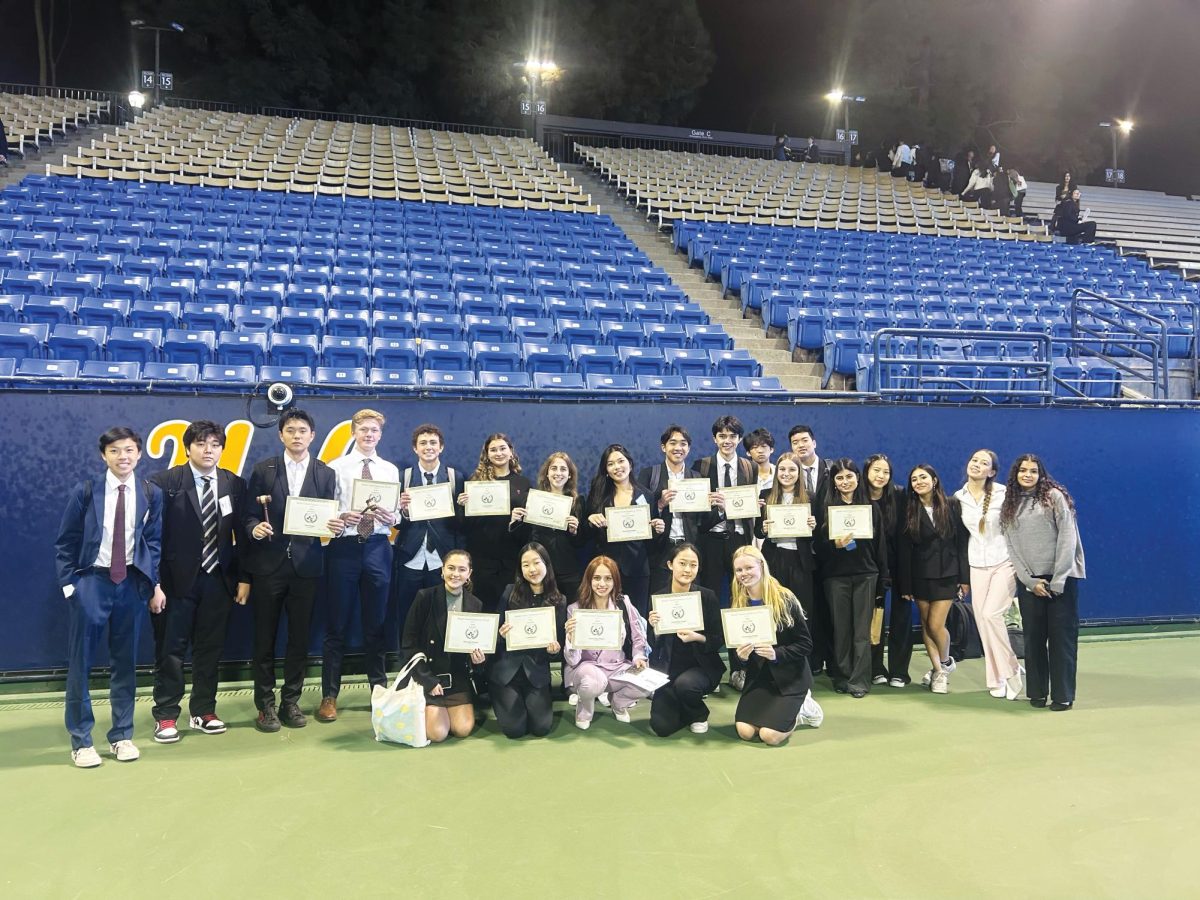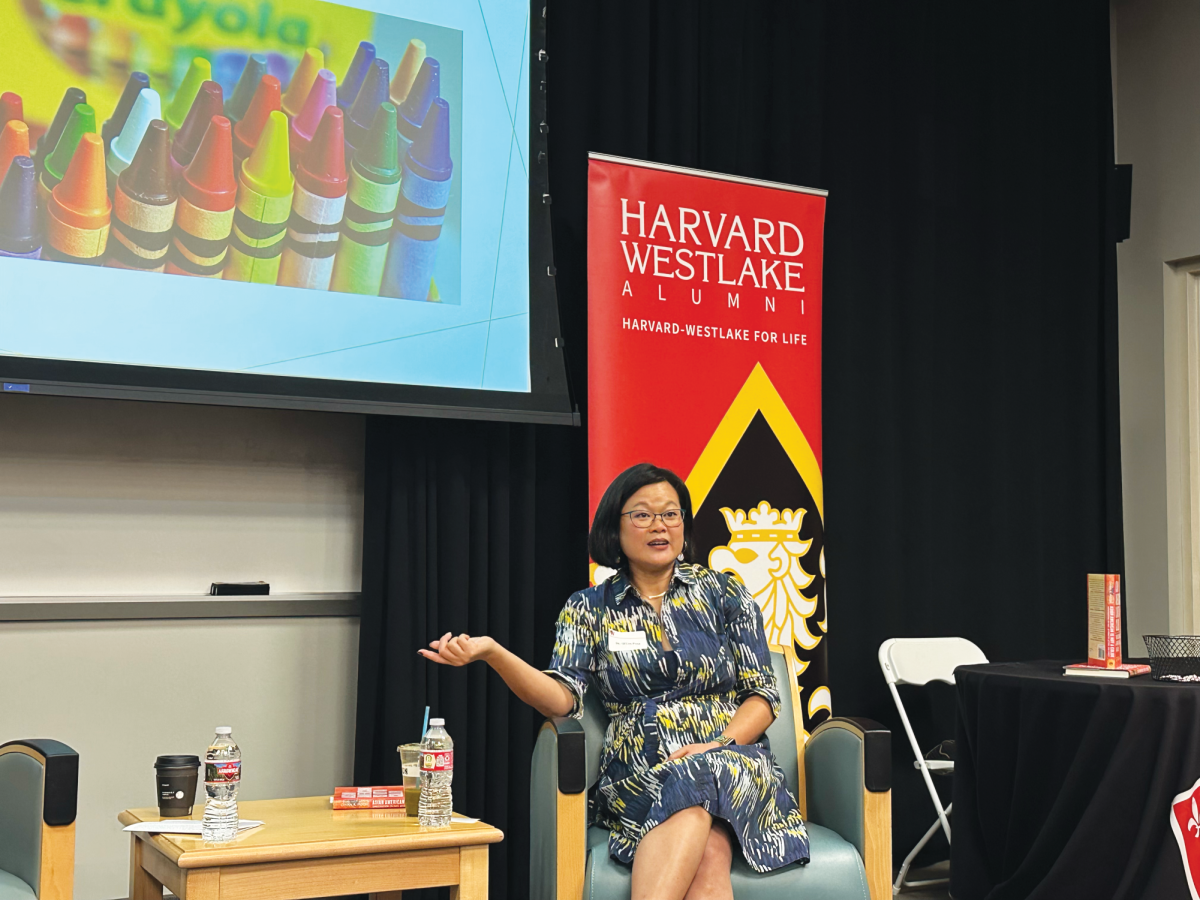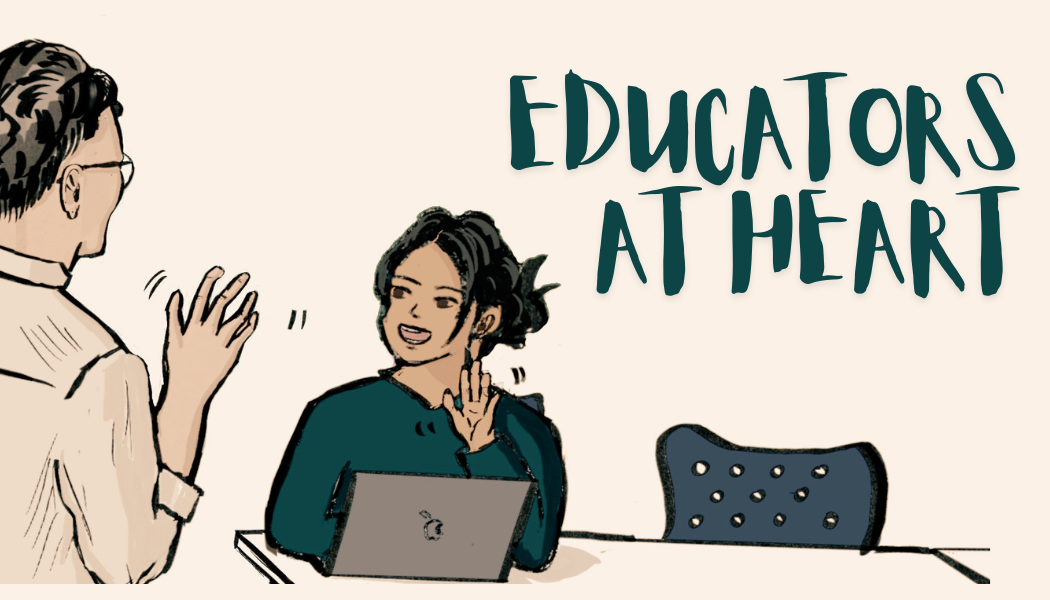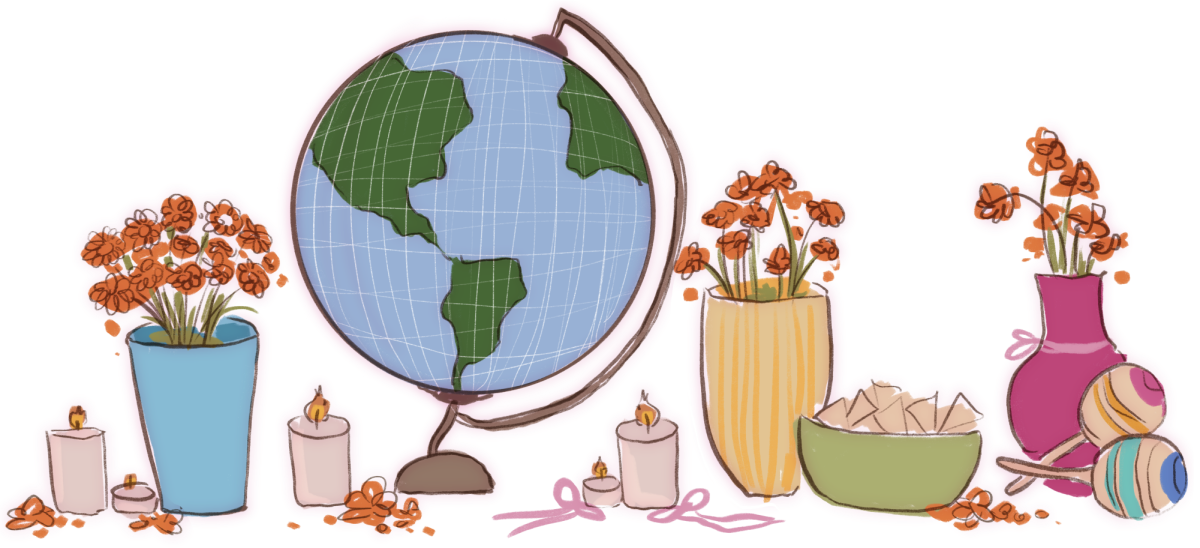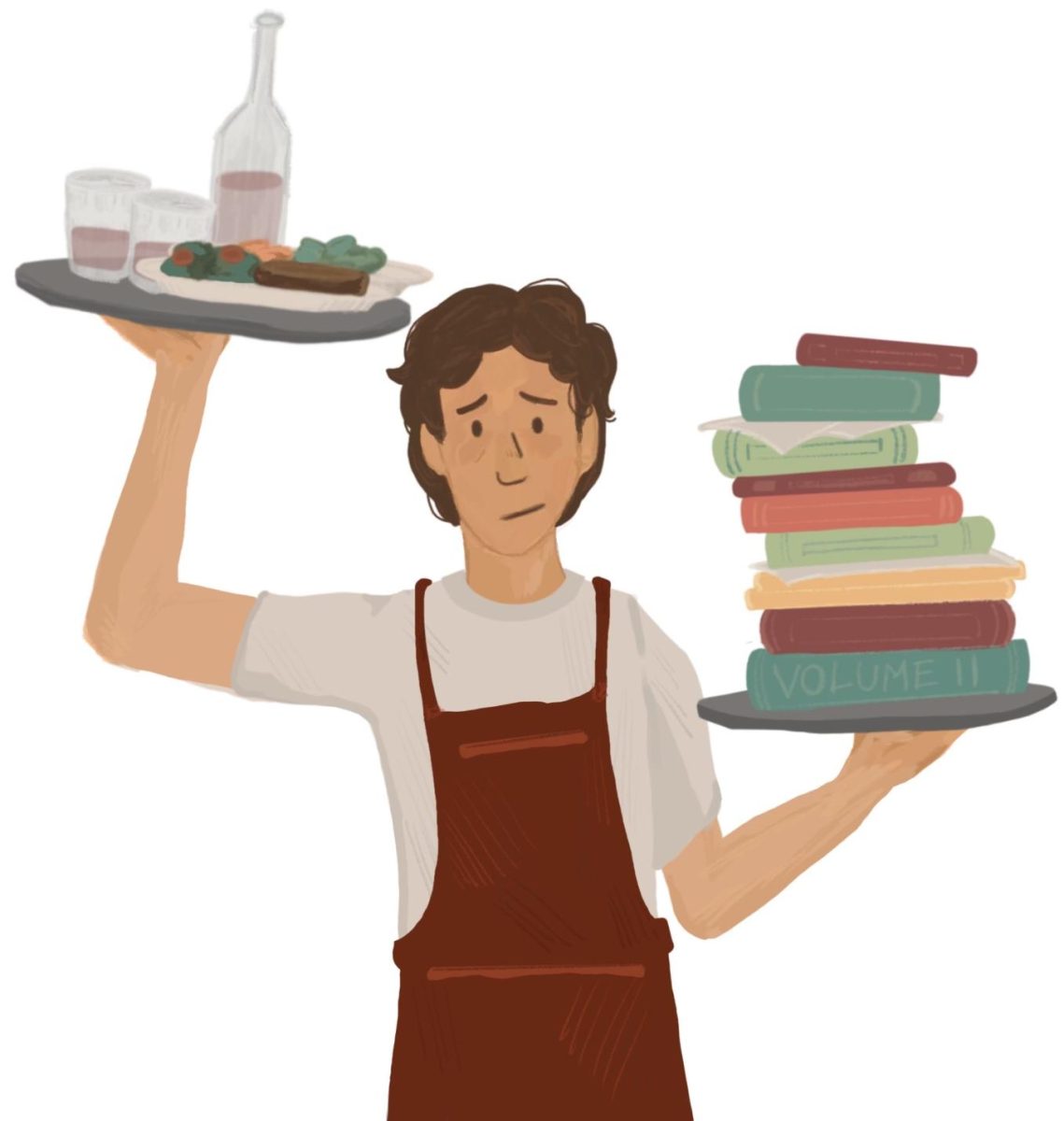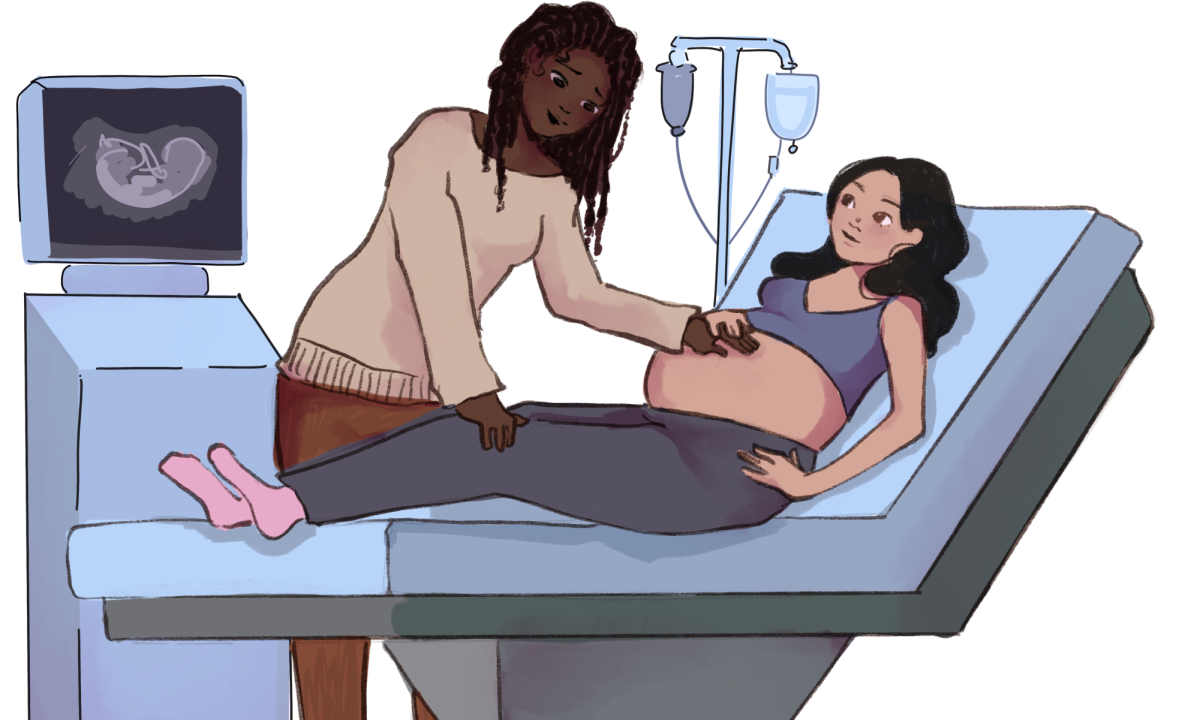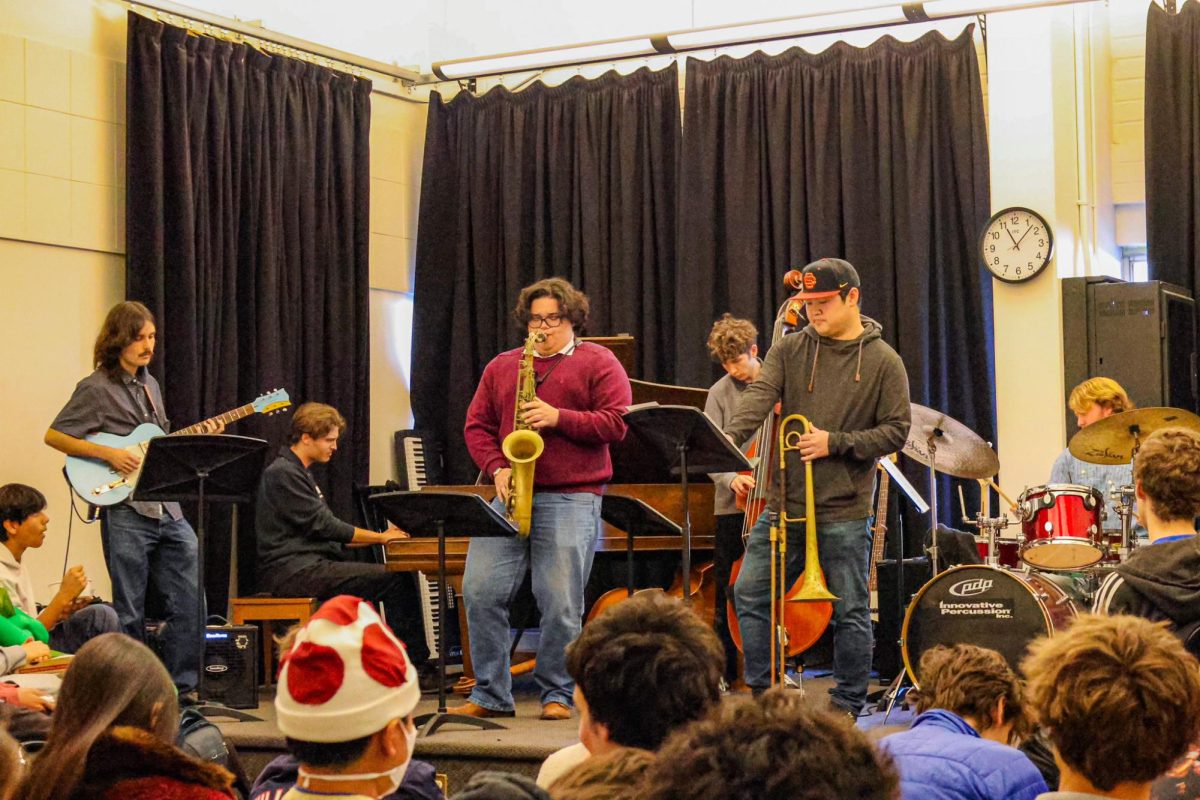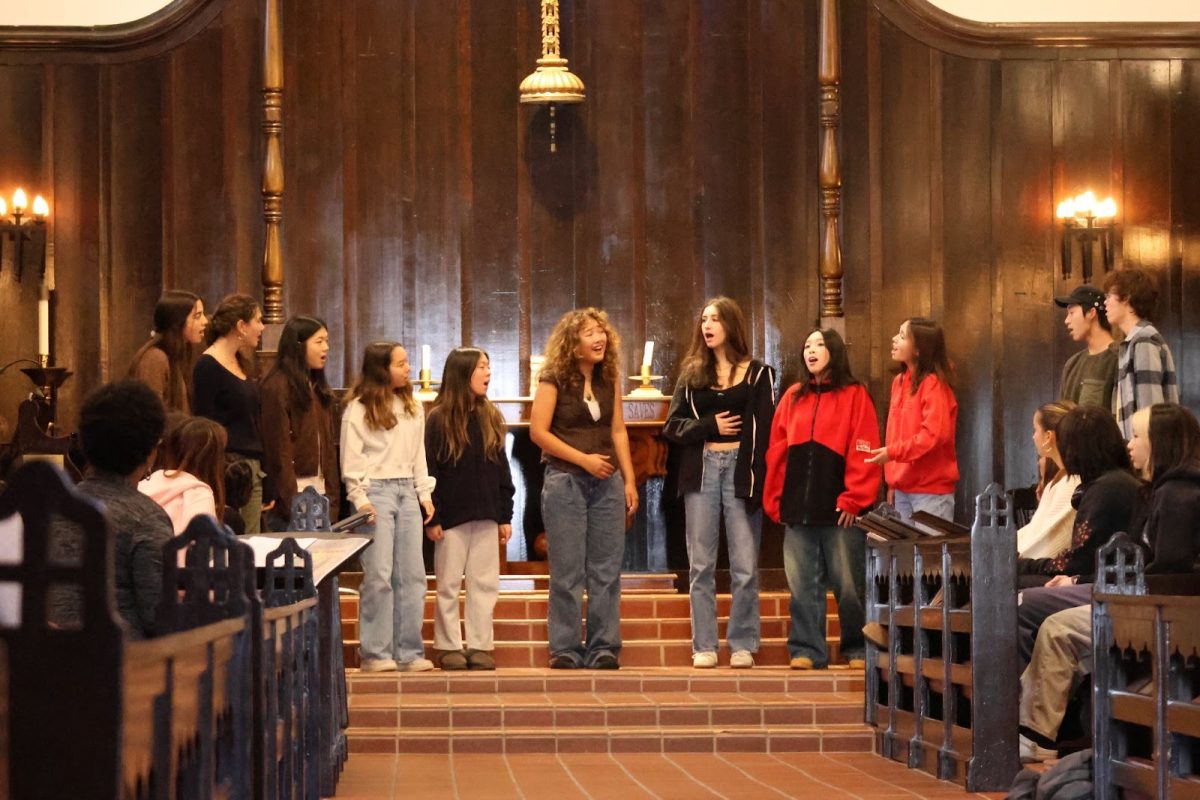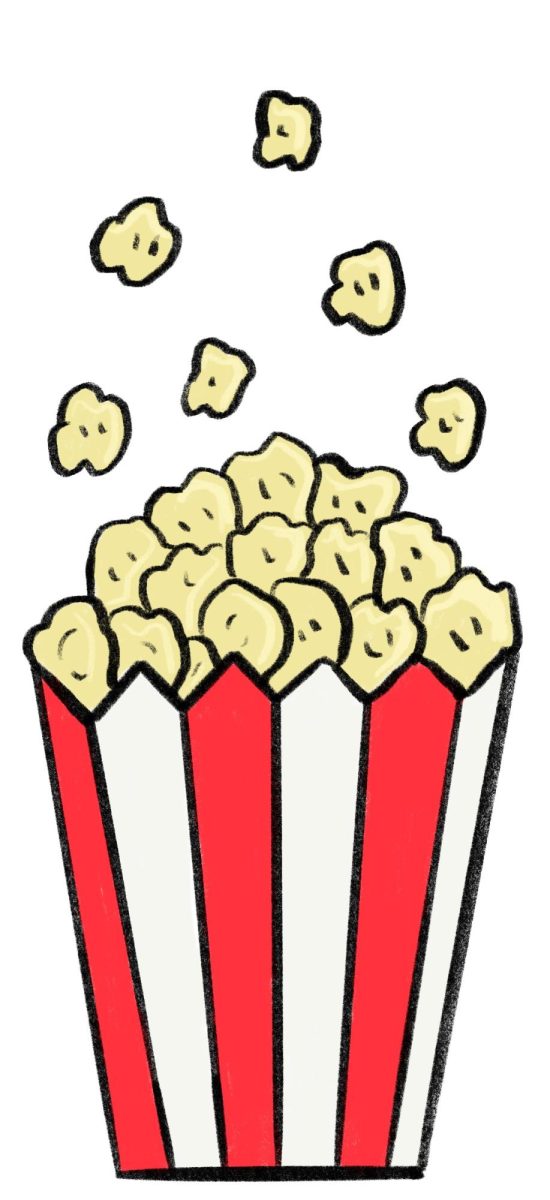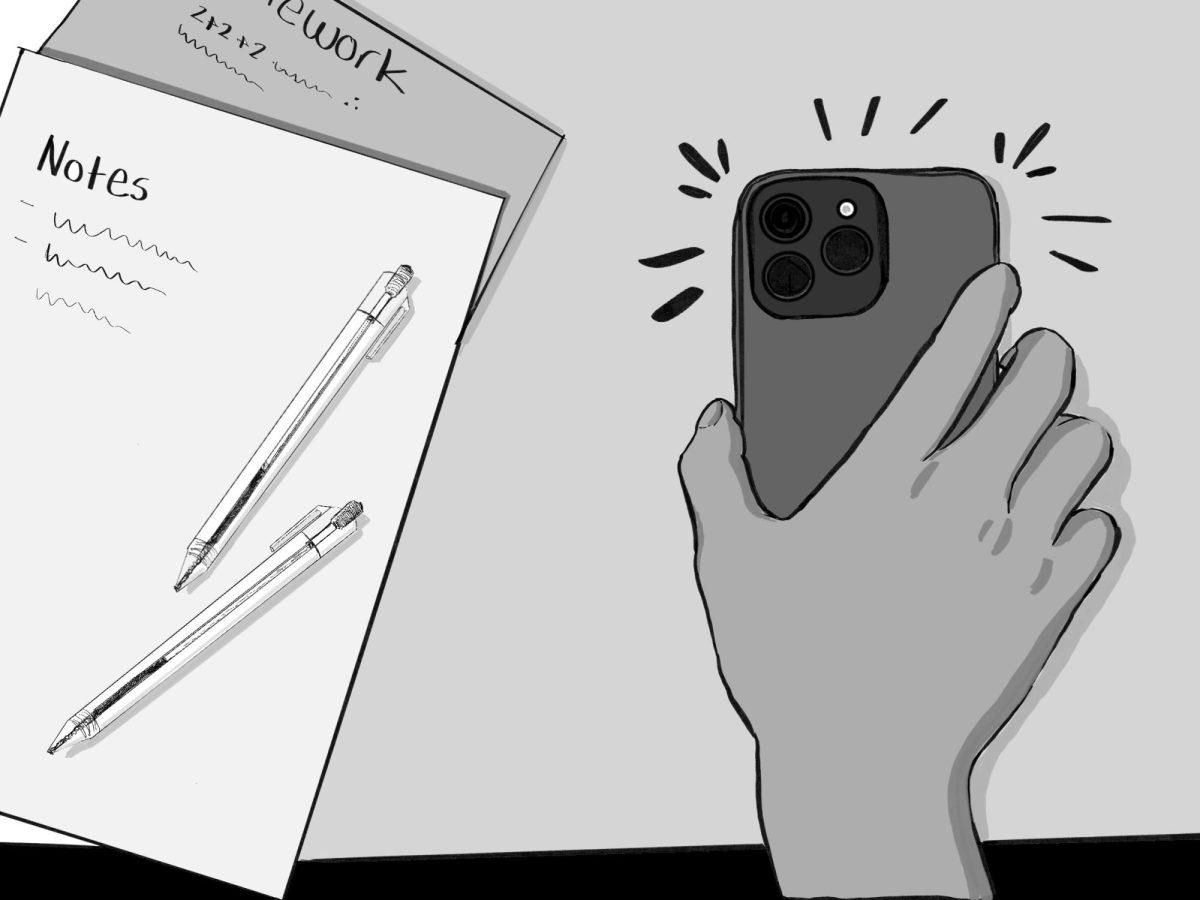Since the pandemic began, each interaction I have with others has begun with a countless set of questions: how are you using your extra time? What new skills have you acquired? With the expectation to spend your time learning a new language, jogging and organizing your room, the media’s message is clear: lockdown must be utilized for projects. However, you don’t actually need to be productive right now.
For upper school students, the pressure to overachieve is nothing new. It is ingrained into us that it’s necessary to excel in all honors classes, play a sport and complete hours of community service regularly in order to succeed. Though the focus has shifted to finding creative ways to make the best of this “new normal,” students’ stress has only increased since the pandemic.
Whether it’s learning to play an instrument, tutoring younger kids or painting a portrait, we’re constantly told that if we don’t spend our extra time at home being productive, we are wasting an opportunity for self-improvement.
This summer, after much encouragement from my parents, I signed up for several volunteer opportunities. While they were incredibly fulfilling, focus on productivity can be problematic when it serves to enhance students’ guilt.
Focus on productivity is problematic when it becomes a larger priority than mental health.
Lurking behind all of this productivity mania is the omnipresent fear of not having an impressive college resume. Though most colleges claim they take these extreme circumstances into account, it is difficult to trust the idea that quarantine will not affect admissions. There’s no space for those simply trying to stay afloat when we’re conditioned to think it is wrong to take a day off from working towards college admissions.
In reality, most people’s quarantine lifestyles don’t match their perfect Instagram feeds . The pandemic and current social justice revolution have raised concerns for the well-being of friends and family, putting a lot of stress on people. For students, this is compounded by the inability to go to school and interact with friends and classmates, causing many students to feel lonely and isolated. It makes sense that people would distract themselves with an overload of hobbies. But this unnecessary pressure can be harmful to students’ mental health.
It is difficult to motivate oneself to complete chores and assignments right now. The expectation that you have to try out new activities on top of that can leave those just trying to get through each day feeling like they don’t measure up to their peers. Reinforcing this workaholic mentality only makes it harder for students to cope with these strange times or reach out to others when they are struggling.
Instead of putting pressure on students to fill up their extra time with college level courses or an abundance of new activities, it is essential to be extra kind and empathetic right now. Students are grappling with extreme uncertainty and should be met with compassion rather than judgement about how effectively they have been using their time.

